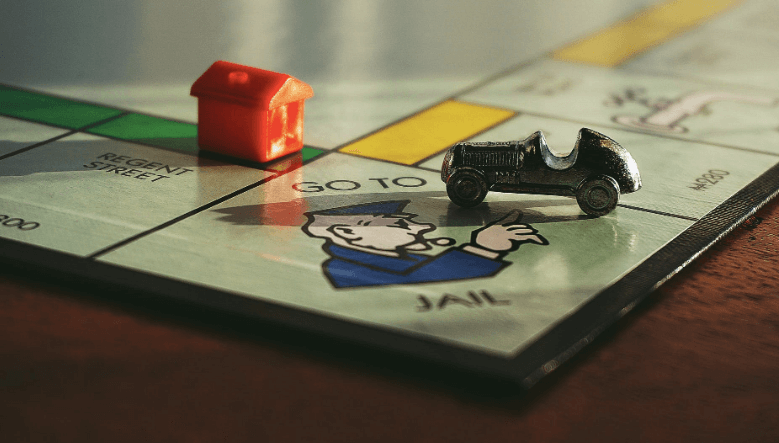No, you will not go to prison if you cannot repay a payday loan. This is an extremely unlikely scenario.
However, you are likely to experience late fees or penalties, a negative impact to your credit rating and other things like follow-up calls and letters from the lenders who are trying to recover their loss of funds.
“In a very rare case, you could go to prison if you fail to turn up to court proceedings over unpaid payday loans”
According to ConsumerFinance.gov, in extreme cases if a payday loan tries to sue you over unpaid fees or a court judgement has been entered and you fail to appear in court on multiple occasions, a judge may issue a warrant for your arrest.
In most cases, you do not need to worry about going to prison for failing to repay a loan. We understand the stress and fear that many feel when they find themselves in the unfortunate situation of being unable to meet loan repayments.
Here we will breakdown the worries to help you understand what could happen if you cannot repay your payday loan.
What Will Happen if I Do Not Repay My Payday Loan?
If you do not keep up with repayments on your payday loan, the following issues can occur:
- Follow up emails, calls and maybe letters from the lenders.
- Negatively impact to your credit score.
- Late fees and penalties.
- More expensive to borrow in the future.
- May be trickier to access finance and loans in the future.
You may fear that you are facing jail time, but this is not the case. If you are not able to repay your payday loan, this will negatively affect your credit rating. As a result, it may be more challenging to borrow money in the future. You should carefully consider whether you have any way to settle your payday loan debt to avoid dealing with the repercussions. If you have failed to meet the agreed-upon payments on time, your loan will continue to gather extra interest making the debt difficult to manage.
The consequences of failing to repay a payday loan can include the draining of your bank account, wage garnishment, collection calls, and lawsuits. You may also encounter bank fees as the lender will try to retrieve the money through automatic bank withdrawals. Wage garnishment may also occur, with part of your paycheck being withheld to be sent directly to the lender to repay your payday loan. Although you will not go to jail, you may be taken to court by your lender. While you may wish to avoid a court case, it is vital that you turn up to court if you are required to do so. Failing to appear will often result in lenders winning the case.
Could I Go to Court for Not Paying Back a Payday Loan?
Possibly. You may be summoned to court to pay off multiple loans that are outstanding. You would need to have several loans, have avoiding paying for quite some time and be in debt for quite large sums to be physically taken to court, but it is possible that a lender could do this to recoup some of the money they have lost. For more information, visit can I be taken to court over unpaid payday loans.
When Can Failing to Repay my Payday Loan Result in Jail Time?
While you won’t go to prison for failing to repay a payday loan, there are other types of debt where could could run the risk of jail time.
With other forms of debt, there is the possibility that failing to meet repayments will land you in prison. These include:
- Criminal fines.
- Council taxes.
- Business rates.
- Child maintenance.
As is the case with payday loans, it’s vital to make sure you keep on top of any and all payments required from you, as failure to do so could end up in expensive penalties, or, for those payments listed above – prison.
What Should I Do if I Can’t Repay My Payday Loan?
The first thing you should do is speak to your lender, because being silent or ignoring their messages and calls won’t help. By avoiding any correspondence, you are inviting the lender to take even further measures to get some kind of response from you. But if you can explain that you are struggling to make payment, you may be able to commit to paying off lower amounts for longer, known as a pay plan or an arrangement. The US lenders are regulated and will need to follow procedures and there are efficient ways to help people who are struggling to repay.
Beyond this, you may wish to seek advice from a nonprofit credit counselor, bankruptcy attorney, or legal aid center to find out more about your options and plan for a better and brighter financial future.








